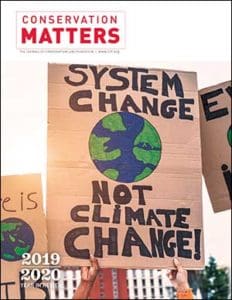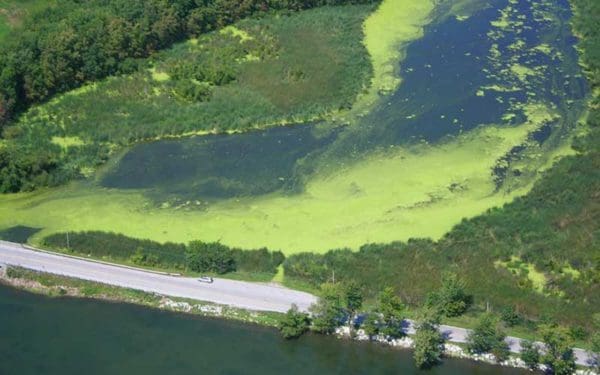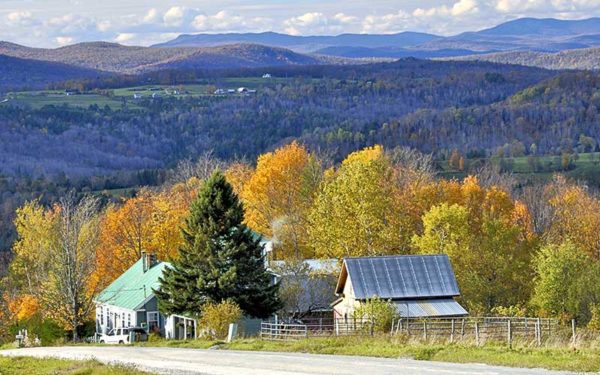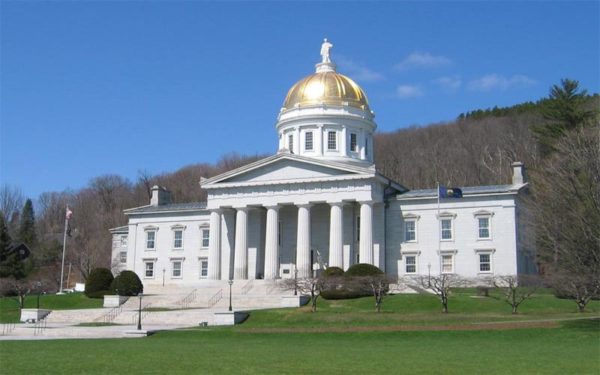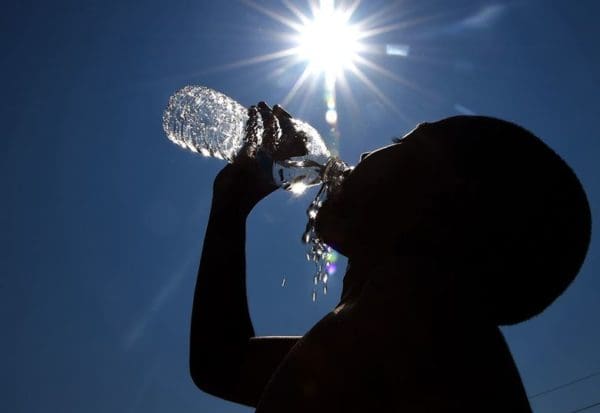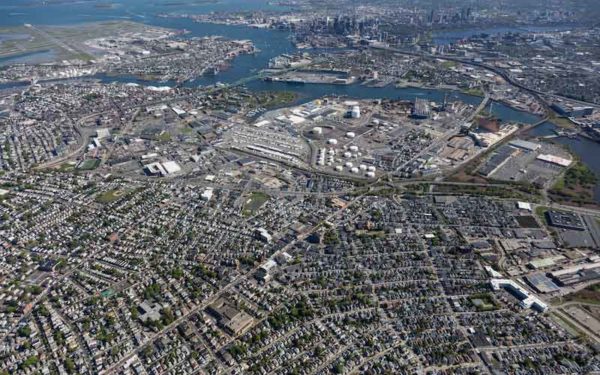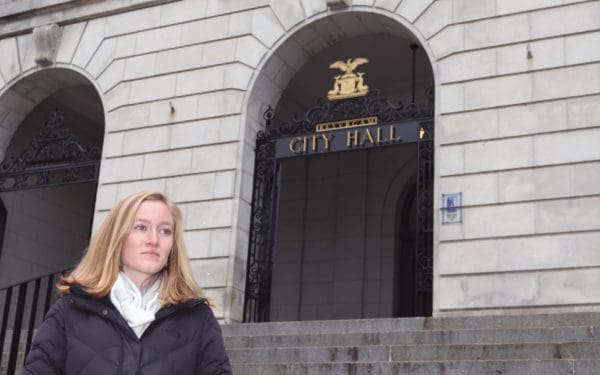Jul 22, 2020
In times of change and upheaval, there is also room for hope and inspiration. While we collectively have much hard work ahead of us, we also have much to commend. Our hope is that this report offers insight into the work that your support makes possible – and inspiration for what we know we can accomplish together.
Jul 16, 2020
This spring, the Trump administration reversed stronger protections for our nation’s waters, putting people, animals, and local businesses at risk. CLF and our partners are fighting this latest attack: We’re taking the administration to court.
Jul 14, 2020
“Electric cars, trucks, and buses are the future,” said CLF Senior Attorney Emily Green. “Cutting transportation emissions to zero is a critical piece of confronting the climate crisis and protecting public health from toxic exhaust. This is yet another example of states leading the way while the federal government turns back the clock on environmental progress.
Jul 07, 2020
It will take a suite of strategies to rebound from the COVID-19 crisis, but one that should not be overlooked is the Lake Champlain clean-up effort. The federally mandated work to clean up our iconic waterbody can help fuel Vermont’s recovery from the pandemic – creating a win-win for our environment and economy, both in the short-term and in the future.
Jun 26, 2020
Our recovery from the coronavirus must be more than just a return to the status quo. Along with helping us rebuild our local economies and communities, recovery must also lead to a more resilient, healthier state for all Vermonters.
Jun 25, 2020
“Cutting climate pollution and investing in sustainable and climate-resilient communities has significant public health and economic benefits for Vermonters,” said Jen Duggan, Vice President and Director of CLF Vermont. “The Solutions Act requires climate solutions that reduce energy burdens for rural and marginalized communities, build healthy communities, and protect our natural and working lands. Today’s vote is an important step forward towards ensuring an equitable transition to a carbon-free and resilient Vermont.”
Jun 24, 2020
UPDATE: Vermont is once again caught in the midst of a blinding heatwave. Our state has never been this hot for this long in June – and it’s not letting up. From Maine to the Arctic Circle and around the globe, regions that typically don’t experience this type of heat are breaking temperature records. Like… Continue reading UPDATE: Dangerous Heat Waves Demand Immediate Climate Action
May 30, 2020
Cutting pollution, particularly for communities most harmed by the threats from COVID-19 allows Vermont to rebuild in a way that grows good paying jobs and sustains Vermont as healthy place to live and work for everyone now, and for future generations. Creating more resilient communities ensures a thriving Vermont and a brighter future.
May 14, 2020
Even as we mourn the lives lost to COVID-19 and absorb the heavy toll it has taken on our economy, we must recognize that the old “normal” left too many communities unhealthy and especially vulnerable to the pandemic. Replicating that old “normal” will squander an opportunity to reduce climate danger while building healthier and more just communities for all.
May 13, 2020
Here in New England, only Massachusetts, Connecticut, and Maine have binding laws that set enforceable limits on the emissions that cause climate change – the same emissions scientists say must drop to net zero before 2050 to avoid the worst effects of climate catastrophe.
